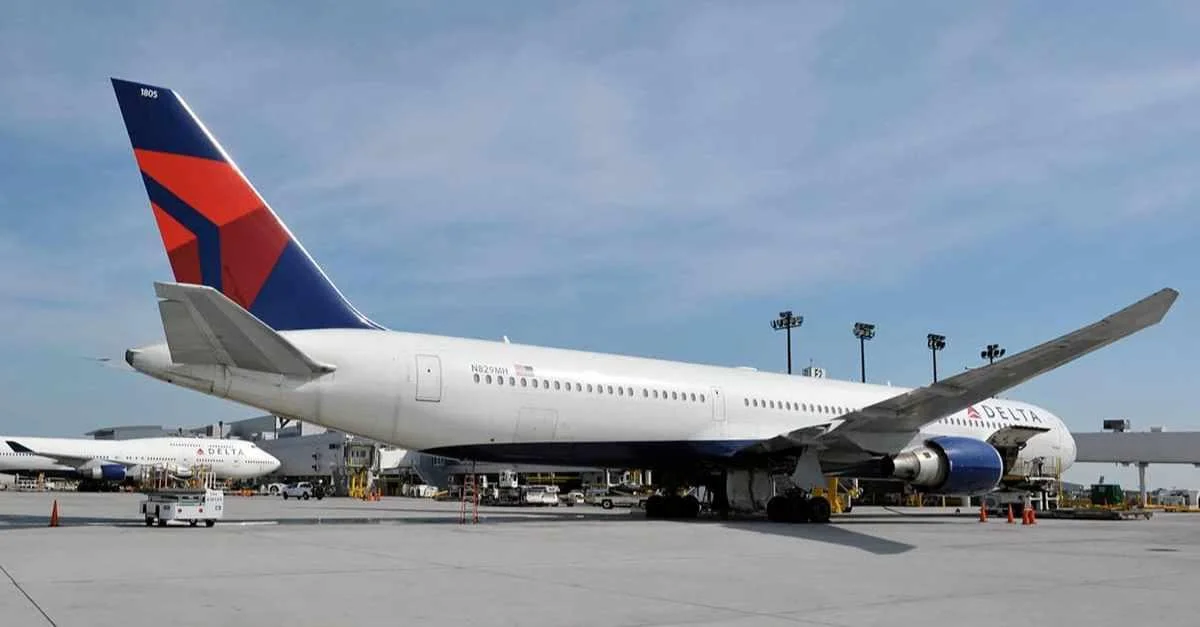However, due to high costs associated with equipping and staffing an airline, capital expenditure is justified only for normal operations plus a slight buffer. Having additional resources for rare serious events is deemed prohibitively expensive. Consequently, when such events occur, they often lead to significant disruptions.
Modern airliners are safe and reliable with multiple layers of redundancy in critical systems. However, they require routine maintenance and occasional restorative maintenance. Aircraft have tightly regulated service schedules that must be strictly adhered to; missing these intervals results in grounding from passenger operations.
The importance of maintenance schedules means that aircraft scheduling is prioritized over crew scheduling once market planning decides on flight coverage.
Human factors also play a crucial role. Flight crews need adequate rest for optimal performance, leading to strict duty and flight time restrictions imposed by federal authorities and crew unions.
A major change in recent years involves maximum duty day limitations. Previously, if delays caused crews to exceed their scheduled duty times slightly, they could continue flying. Now, any delay causing crews to exceed limitations results in them being ordered back to the gate for replacement—leading to further schedule disruptions.
Combining machine and human scheduling factors can turn minor disruptions into major ones or even meltdowns under stress.
For instance, during recovery from severe weather at a major city airport serving as a hub for many airlines:
- Three airplanes at neighboring gates prepare for departure.
- A medical emergency on one plane halts its pushback clearance.
- Another plane's pushback is interrupted by an emergency vehicle passing behind it.
- The third plane’s tug driver accidentally damages another aircraft due to distraction from emergency lights.
These incidents block taxiways between concourses and disrupt dozens of active gates' operations—causing cascading delays throughout the system as Air Traffic Control (ATC) issues ground stops globally while figuring out where incoming planes can park upon landing.
Dispatchers notify enroute crews about potential diversions due to fuel constraints while calculating which alternate airports have available gates/ramp space—a process complicated by crew timing out or sitting idle elsewhere waiting for assignments amid rapidly changing schedules filled with uncertainty.
Crew scheduling departments scramble numbers on staffing scenarios despite knowing things will likely change multiple times before stabilizing post-disruption—a situation exacerbated by some crew members volunteering eagerly while others turn off phones out of frustration over constant reassignment changes during crises like these ones affecting thousands across various locations worldwide simultaneously dealing with similar challenges simultaneously occurring everywhere else too!
Maintenance schedulers revise plans frantically ensuring planes meet required intervals avoiding costly remote fixes/ferrying around empty right when more aircraft needed but fewer available causing hated swaps disrupting passengers’ journeys unexpectedly prolonging recovery periods beyond initial expectations often making second-day recoveries worse than first-day ones overall!
Investigations reveal low-paid yet vital employees' actions triggering widespread chaos costing millions collectively impacting countless lives directly/indirectly involved within interconnected aviation ecosystem dependent upon seamless coordination among numerous stakeholders working together harmoniously achieving shared goals ultimately ensuring safe efficient travel experiences everyone relies upon daily basis without fail ideally speaking hypothetically perhaps realistically achievable someday hopefully soon enough eventually maybe who knows really honestly speaking candidly here now presently today tomorrow always forevermore eternally amen!
As investigations begin into such incidents like these hypothetical scenarios described above involving errant turns steering wheels tugs driven least paid most vital employees whose ID badges locker keys found break-room tables because jobs fast-food places pay better mandatory double shifts go uncovered leading systemic irregularities happening regularly building upon each other military acronyms SNAFU popular National Weather Service announces hazardous weather advisory...
 Alerts Sign-up
Alerts Sign-up

























